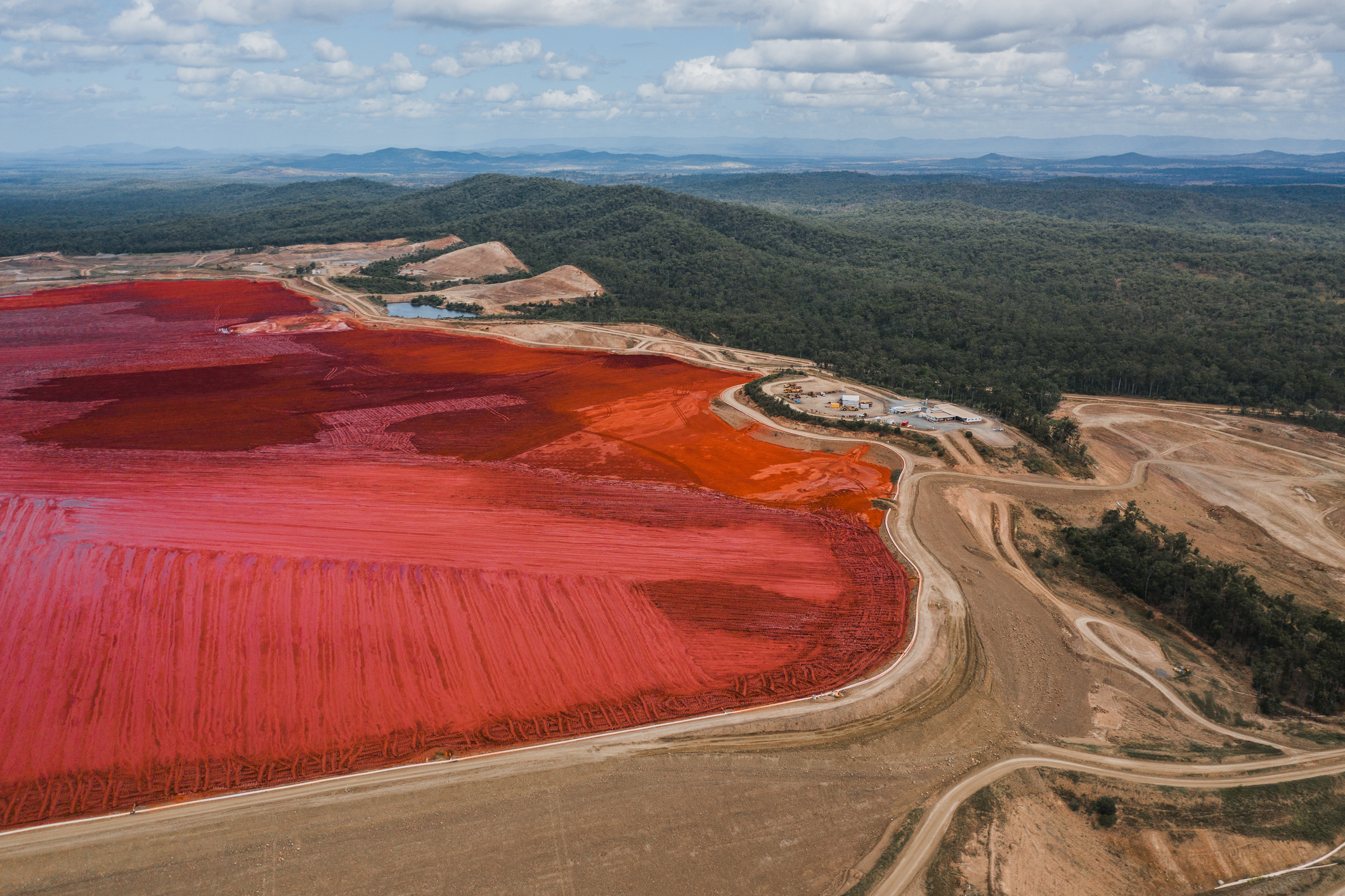‘The earth can’t be a dumping ground’: Parkway on a mission to improve mining sustainability

Parkway is on a mission to improve mining sustainability into the future. Pic: Getty Images.
- Parkway Corporate says future mines need to be developed sustainably and tech can play key role
- Governments imposing tougher regulations on mining companies, so taxpayers don’t have to clean up the mess
- Parkway’s tech focused on processing concentrated or complex wastewater, which is often put in “too hard basket”
Leading industrial water treatment technology company Parkway Corporate says minimising the environmental impacts of mining are becoming increasingly important, to both companies and their shareholders.
Parkway Corporate (ASX:PWN) managing director Bahay Ozcakmak says there’s a growing expectation of improved sustainable and responsible mining practices that minimise harm to the environment and society.
“Minimising the environmental impacts of mining are crucial because they can lead to long-term damage to ecosystems, water resources, air quality, and biodiversity,” he says.
“In many respects, valuing water is key. A recent WWF Report found that the economic value of freshwater reached US$58 trillion in 2021 (60% of global GDP), highlighting the importance of sustainable water use.”
Ozcakmak says there’s a traditional business model in mining: where big companies run mines for maximum profit, and then flip these assets cheaply to smaller companies, saddled with billions of dollars of rehabilitation liabilities.
“You then see smaller companies, often private companies, that then sweat the asset (run the mine) for a few years, make a profit and then abandon the mine, leaving everyone else to deal with the environmental impacts, including rehabilitation costs,” he says.
“We have this situation, where we are seeing government’s being forced to fork-out hundreds of millions of dollars to rehabilitate these mines.”
Making the right investment up front
To get a new mine off the ground governments are now imposing tougher regulations on mining companies so “taxpayers don’t have to clean up their mess”, Ozcakmak says.
“They’re saying you’d better put in a tailings storage facility, wastewater treatment facility and give us an environmental bond, for example,” he says.
“Those costs are becoming really onerous and it’s becoming increasingly difficult to get projects permitted.”
Ozcakmak says rather than being faster and looser with mine planning and operations, companies should make the necessary investments to get it right, up front.
“It will be more expensive but firstly your project will get permitted easier and secondly you will be doing the right thing so your stakeholders and local community will be less concerned and alarmed about the environmental footprint,” he says.
A recent high-profile mine that has transitioned to the rehabilitation phase, in the Ranger uranium mine. Energy Resources of Australia (ASX:ERA), which is 86.3% owned by Rio Tinto (ASX:RIO) last month flagged clean-up expenses for the Ranger uranium mine, situated in the ecologically and culturally significant Kakadu National Park in the Northern Territory, will surpass the initially estimated $1.6 to $2.2bn. The increased projection increases the possibility of shareholders encountering additional equity fundraising requirements.
Whilst uranium is the flavour of the month, back in the NT, another uranium mine, Rum Jungle, is also in the midst of another multiyear rehabilitation program, this time funded by taxpayers.
Ozcakmak says there needs to be a rethink on how we approach new mines to leave a better future legacy.
“The rush for critical minerals for example will require new mines but they face a range of challenges including sustainability,” he says.
“We need more mines, but existing mines have left an ugly legacy, so communities and regulators are really sceptical and it’s becoming more challenging to develop mines with a need to improve best practices.
“The technology is out there to develop future mines more sustainably and water is one of the biggest challenges, which is a specific area where Parkway is looking to improve outcomes.”
Parkway’s solution for wastewater treatment
Parkway is an advanced water treatment technology firm with two key divisions, Parkway Process Solutions (PPS) and Parkway Process Technologies (PPT).
Whilst PPS provides conventional water treatment solutions, Ozcakmak says the company (through PPT) is particularly focused on processing concentrated or complex wastewater containing heavy metals or reagents such as acids, which have been traditionally difficult to process.
“Wastewater that isn’t concentrated or complex is often already recycled at many mining sites and made more manageable,” he says.
“But concentrated or complex wastewater often goes into the too hard basket and ends up in tailing ponds.”

In addition to the mining industry, Parkway is also working on improving the sustainability of the oil and gas sector.
In June PWN unveiled its master plan, dedicated to creating innovative solutions for the complex wastewater challenges impacting the Queensland coal seam gas (CSG) sector.
CSG extraction generates substantial amounts of brine, a highly saline water, as a secondary product.
PWN’s tech reclaims fresh water from hazardous waste brines and transforms the residual salts into valuable industrial chemicals for industrial use in Queensland’s market.
PWN master plan also aligns with the Queensland Government regulations that emphasise converting waste into usable goods to minimise disposal demands.
The industry currently produces 4.8 billion litres of waste brine containing some 200,000t of waste salts per annum.
Furthermore, some 6Mt of waste salts are expected to be produced over the life of the existing CSG projects operating in Queensland, a significant proportion of which have already been produced and are currently being stored in 36 brine ponds.
“The earth can’t just be a dumping ground and people’s expectations have changed and we are positioning ourselves to be part of the solution, by helping companies develop sustainable solutions,” Ozcakmak says.
This article was developed in collaboration with Parkway Corporate, a Stockhead advertiser at the time of publishing.
This article does not constitute financial product advice. You should consider obtaining independent advice before making any financial decisions.
Related Topics
UNLOCK INSIGHTS
Discover the untold stories of emerging ASX stocks.
Daily news and expert analysis, it's free to subscribe.
By proceeding, you confirm you understand that we handle personal information in accordance with our Privacy Policy.








